Swiss colonel is Kfor’s “eyes and ears”
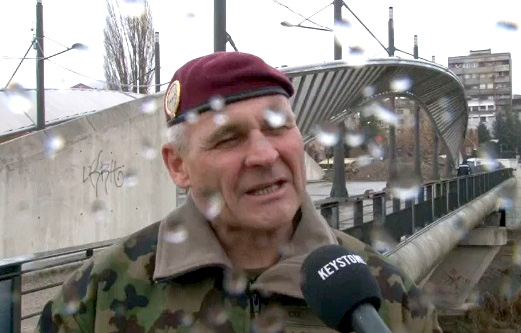
Colonel Adolf Conrad heads the Kfor liaison team in Kosovo, Nato’s “eyes and ears” in the region – and is the first Swiss to command a Nato unit.
Speaking to swissinfo.ch in his office in the Novo Selo military camp near the divided town of Mitrovica, he describes himself as “a diplomat who knows what makes the military tick”. He says 99 per cent of the decisions taken by Kfor commanders are based on input from his team.
Kfor is the Nato-led peacekeeping force which has been in Kosovo since 1999.
Since Kosovo declared itself independent in February 2008 the situation in the Serb-dominated north has been tense. Most of the Serbs – a minority with regard to Kosovo as a whole – want to remain in Serbia.
Last summer the Kosovan government set up customs posts on the border with Serbia. But local Serbs, fearing that the presence of government officials would eventually bring their area under central Kosovan control, managed to neutralise them with road blocks and bypass roads.
swissinfo.ch: What are you, an officer or a diplomat?
Adolf Conrad: As far as my activity here is concerned, I’m a diplomat, or rather, a mediator. That doesn’t have a lot to do with the military, but I was given my role by Kfor commanders. So I need to know how military operations are conducted, and what makes the military tick..
The Serbian mayors here in the north are not recognised by Pristina. From the point of view of Kosovo they are illegal. So the Kfor commander may not speak to them directly. That is not part of his mandate, and there would be a tremendous fuss if he were to meet them directly.
That’s why I act as a mediator on behalf of the commander. We have a meeting with the mayors every week, attended by other international players as well. And between times I also meet the mayors by myself.
The subjects are not political. They are to do with peace keeping. “Discussions” or “negotiations” would be the wrong word here. It’s more to do with mediation. If I tell people it might be better if they clear the roadblock themselves, because otherwise Kfor will have to do it, I am being a mediator. The people I am talking to understand exactly what the situation is, and negotiating skills are certainly required.
swissinfo.ch: As well as the road blocks there is also a whole network of bypass roads, which were built specifically with the aim of avoiding paying customs. Where does the money for these roads come from?
A.C.: I can’t yet judge how far the aspiration of the Serbian minority in northern Kosovo to continue to be part of Serbia is patriotic in nature, or whether there are also personal interests behind it.
Organised crime is a problem throughout Kosovo, not just here in the north. There are a lot of people, particularly in the north, who make a very good living out of this situation. People who have money are in a position to pay. At the same time there is a very high level of youth unemployment. For young men with no money, it’s important to have a few euros in their pocket in the evening.
We know people are paid to stand at the road blocks and guard them.
swissinfo.ch: How much longer will Kfor still have to stay here?
A.C.: Time heals all wounds. Perhaps it’s a bit of an exaggeration to speak of today’s young people as a lost generation, but I think that their children will see all this quite differently. For that generation it won’t matter anymore who is Serb and who is a Kosovo Albanian.
The future of Kosovo turns on whether people succeed in giving it one. If we could ensure that everyone could go to school, and that every young person could do an apprenticeship, and afterwards would have a genuine prospect of getting a decently paid job, then things would be simpler.
But given the current world economic situation it’s hard even in Switzerland and Germany to give everyone an apprenticeship and a job. But there is no getting round the fact that young people here need to see that they do have a future.
swissinfo.ch: Before this you were defence attaché in Madrid, a much quieter job. Why are you here?
A.C.: A lot of people can’t understand this, but for me “Madrid” was too much office and too much paperwork. But down here, this is a real challenge. Here I spend a lot of my time outside and am in touch with the players on the ground. I’m surrounded by an international team of officers who give me their strong backing every day. And above all: from the very beginning I had the impression that it was a task tailor-made for Switzerland.
With our militia soldiers [largely non-professional army] we have something to offer to the international community. This is a niche product, tailor-made for us Swiss.
Conrad, 55, is a professional soldier.
He has been working abroad for 10 years.
After five UN missions, he spent three years as Swiss military attaché in Madrid.
He has commanded Kfor’s Joint Regional Detachment North in Kosovo since January 1, 2012.
He has five Liaison Monitoring Teams (LMTs) under him, each one made up of between six and eight officers and men. Two of the teams come from Swisscoy – Switzerland‘s contribution to Kfor – and the other three are from Slovenia‘s Kfor contingent.
Before the break-up of Yugoslavia in the 1990s, Kosovo was an autonomous province within Serbia.
It declared independence in 2008, with its capital in Pristina.
According to the 2011 census, it has a population of 1,734,000.
In 2000 the World Bank estimated the ethnic break-down as follows:
88% Albanian
7% Serb
5% other
The majority of Serbs live in the north of Kosovo, where they form a majority.
In a poll conducted by Serb municipalities in northern Kosovo on February 14-15, 2012, over 99 per cent of participants rejected the authority of the Pristina government.
(Translated from German by Julia Slater)

In compliance with the JTI standards
More: SWI swissinfo.ch certified by the Journalism Trust Initiative
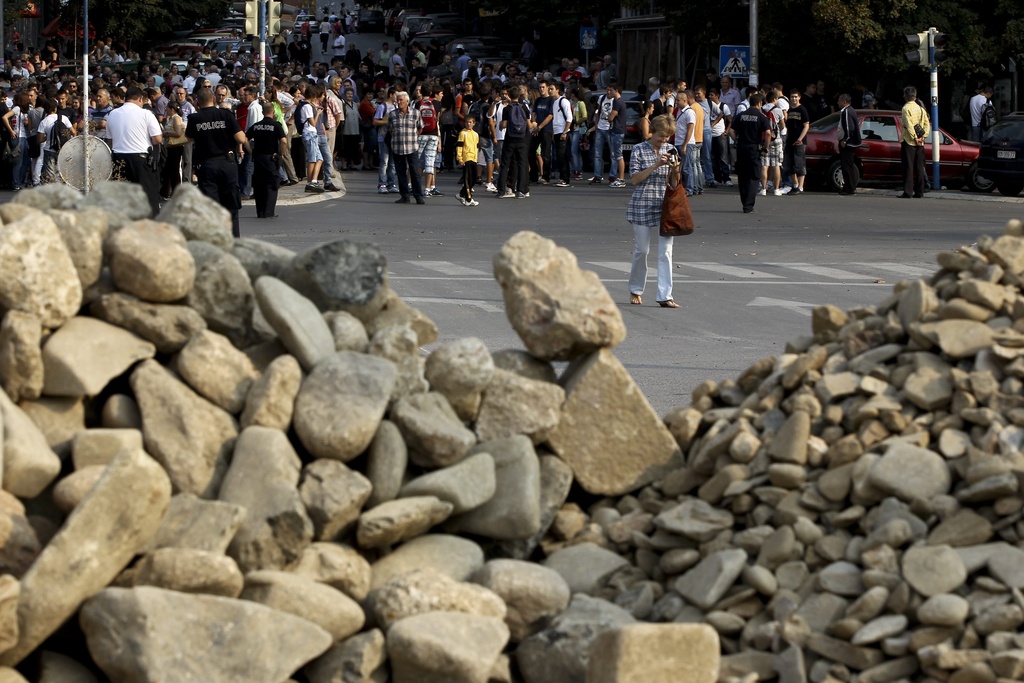
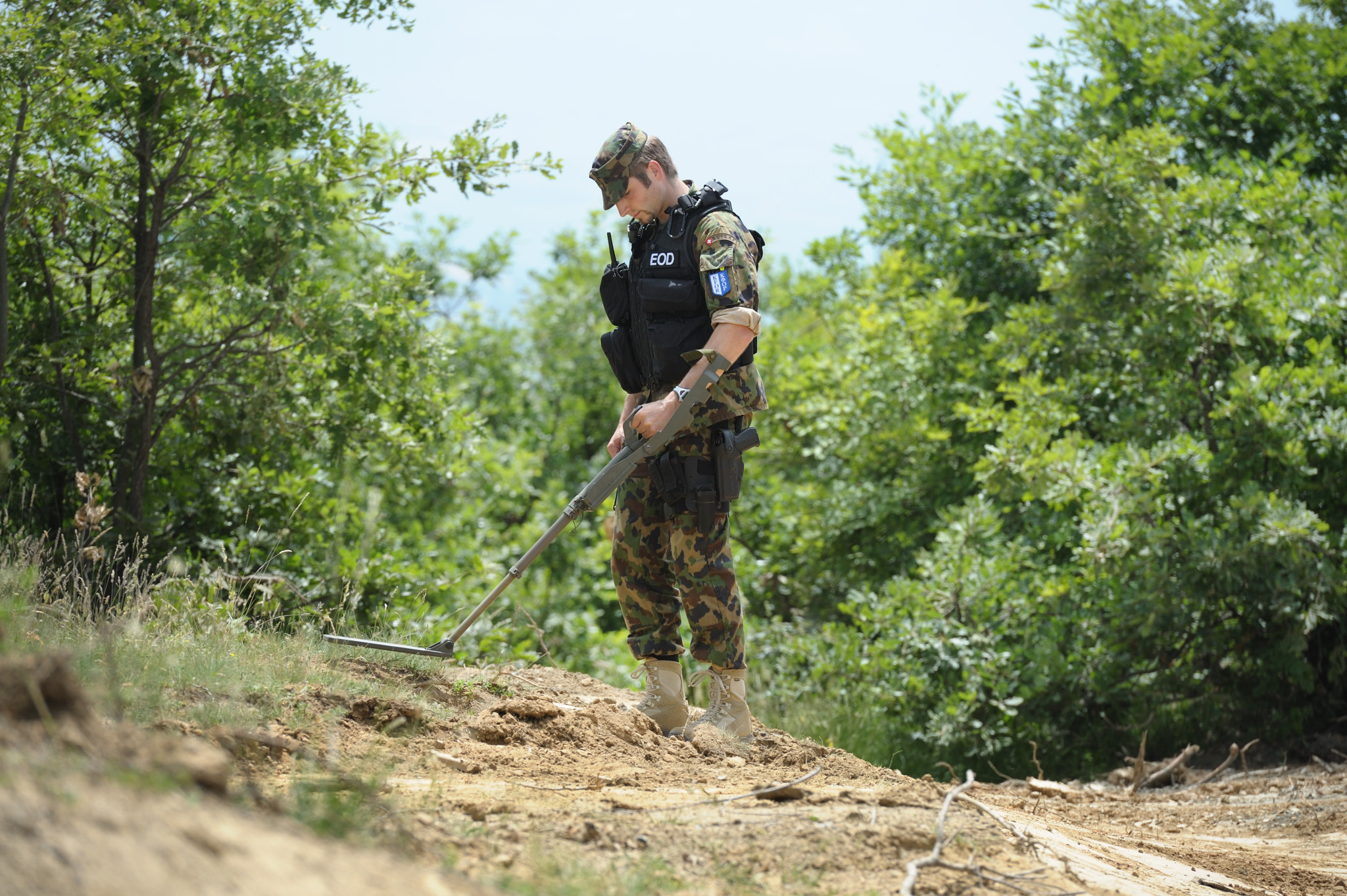
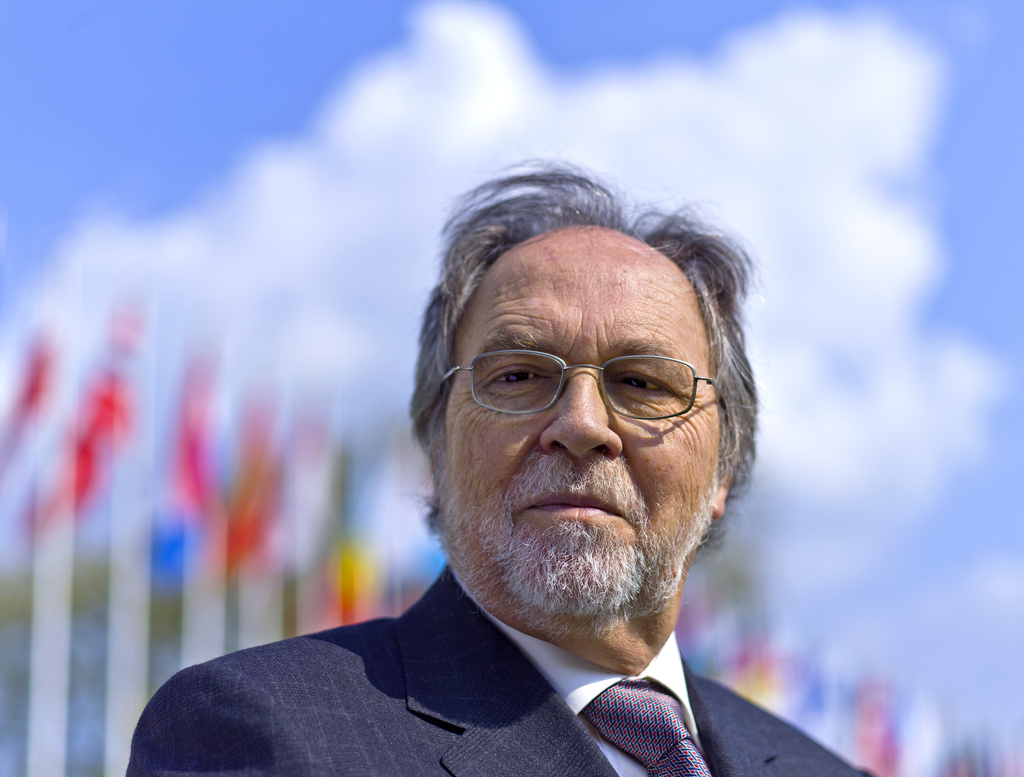
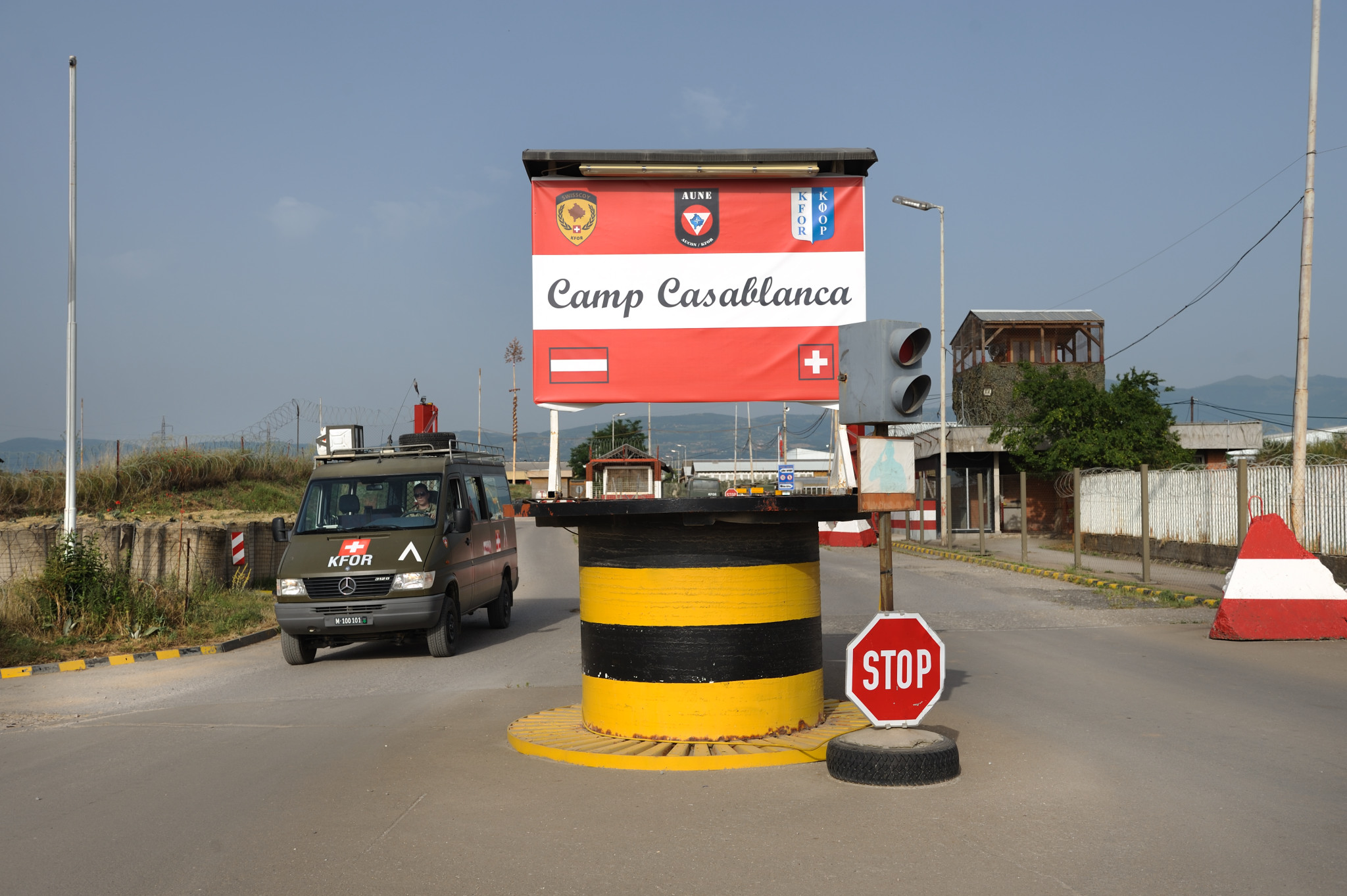
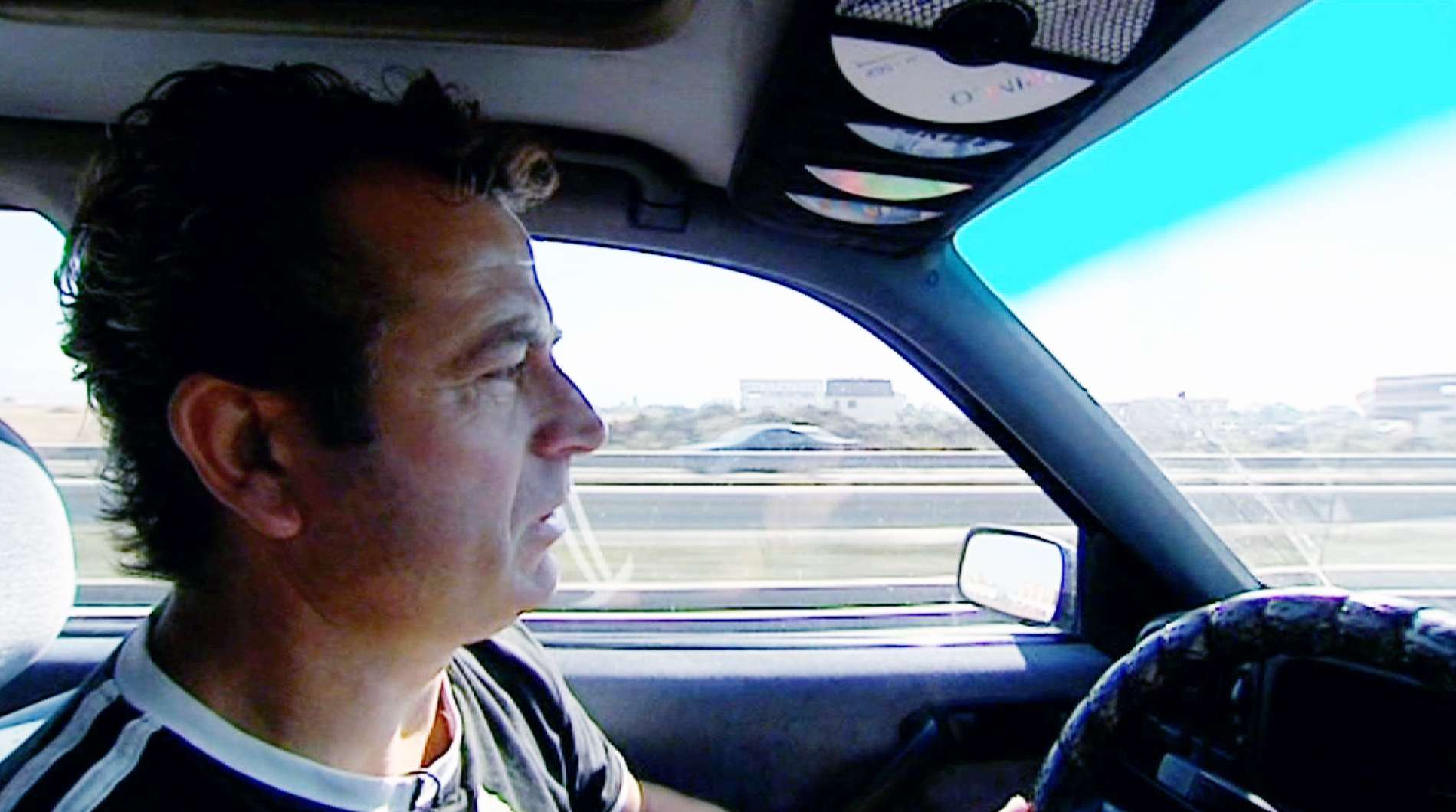
You can find an overview of ongoing debates with our journalists here. Please join us!
If you want to start a conversation about a topic raised in this article or want to report factual errors, email us at english@swissinfo.ch.